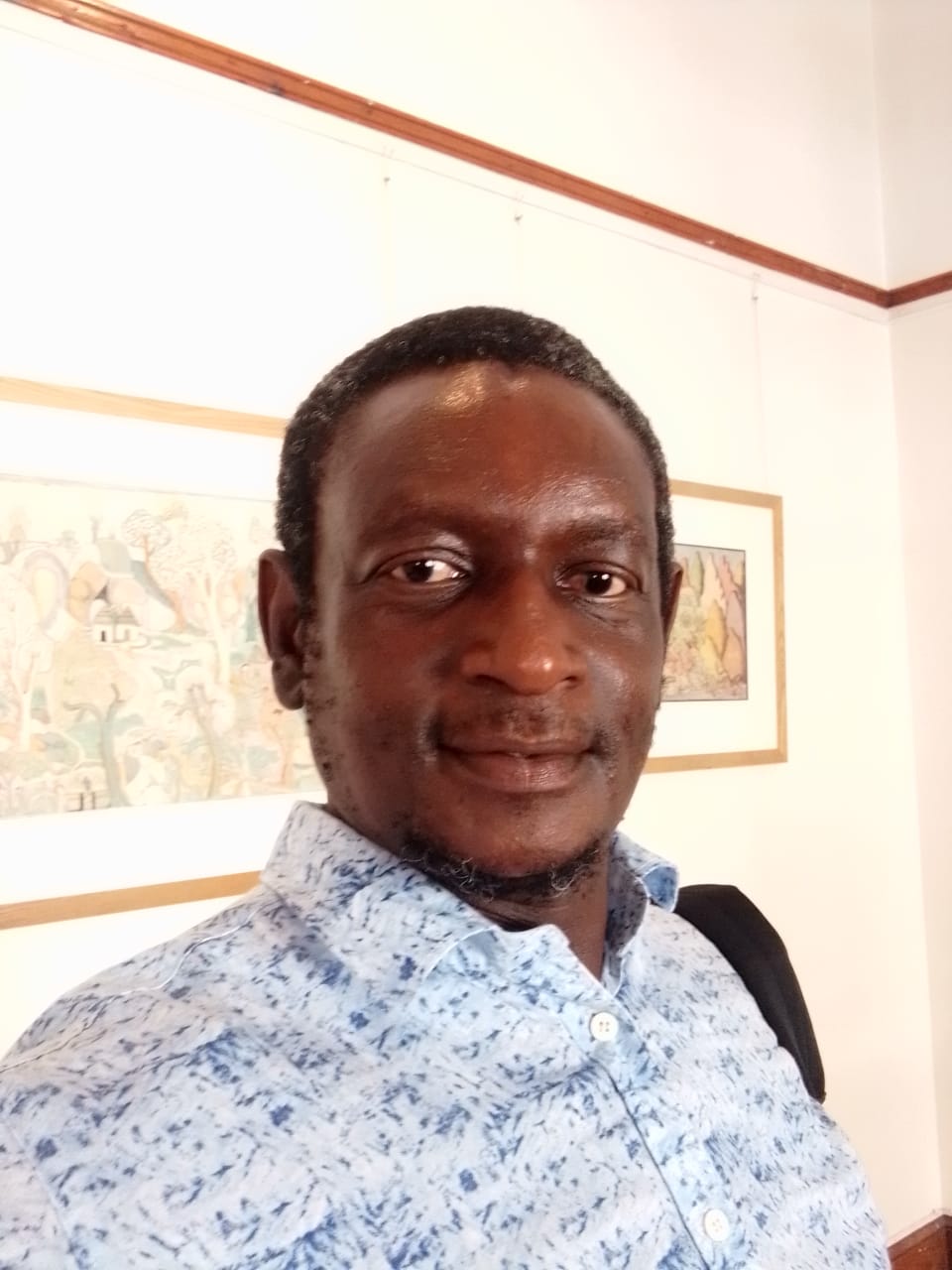
Tendai Ruben Mbofana
We, in Zimbabwe, need to pay particular close attention to exactly how these people managed to finally bring forgiveness, reconciliation, and peace to their Rwanda – since, our own country is also tainted by the innocent blood of over 20,000 men, women, and children of Ndebele ethnicity, who were savagely murdered between 1982 and 1987.
If the repeated pronouncements by the Zimbabwe government – pertaining to their supposed commitment in finally resolving this long-running highly emotive genocide – are to be translated into real tangible efforts, as opposed to the usual empty lip-service and rhetoric we have been subjected to for the past decades, especially over last five years of the so-called “new dispensation”, then we need to take a leaf from the Rwandan experience.
What did they do, and what should we learn from that?
Of course, the most obvious thing was the removal of the Hutu government, that was responsible for this heartless genocide – which was replaced by the Tutsi-led Rwanda Patriotic Front (RPF) of Paul Kagame – thereby, opening the path to a truly open and free national healing, reconciliation, and justice process.
In Zimbabwe, that is not the case – on account of the perpetrators of the 1982 to 1987 Gukurahundi genocide, including the very people who engineered and orchestrated the heinous crime, still holding the reins of power in the country.
Thus, under such unfavorable circumstances, any hope for any of the other steps taken by Rwanda in addressing their own genocide become unrealistic and a mere pipe dream in Zimbabwe.
For instance, the east African country accepted an “International Criminal Tribunal for Rwanda”, established by the UN Security Council in November 1994 – in accordance with Resolution 955 – in order to judge those responsible for these tragic killings, which also resulted in over 2 million innocent civilians being callously displaced.
During these court proceedings, the accused were tried on genocide, incitement to genocide, and crimes against humanity charges – with numerous people being found guilty.
These included such names as, the former mayor of Taba, Jean-Paul Akayesu, Nahimana, Ngeze, Barayagwiza, Bagorosa, Nsengiyumva, Ntabukuze, amongst a whole host of others – who were found guilty, and mainly sentenced to life imprisonment.
Let us be brutally honest with each other – how many of us, if someone were to kill our loved ones, would merely brush that aside in favor of some “peace and reconciliation”, without the perpetrators being held accountable, or at least acknowledging their crimes, seeking forgiveness, and were ready to face the consequences of their actions?
So, why should we expect any different from victims of any genocide?
Any reconciliation and peace begins with forgiveness.
The only way in which the people of Rwanda could finally open their hearts to the long painful process of healing was after the setting up of the international tribunal – where, they could be afforded an opportunity to face their abusers and tormentors, hear exactly what transpired and why, as well as witnessing the wheels of justice turning.
We saw the same in South Africa, with the “Truth and Reconciliation Commission”, chaired by the late revolutionary icon, Desmond Tutu – at which, both sides of the struggle for independence were brought before the people they perpetrated horrendous crimes against, with the opportunity for apologizing and forgiveness.
Let us never fool ourselves – there can never be any genuine attempts at healing the wounds of Gukurahundi without these measures being taken first – as anything less will just be child’s play, and wasting people’s time, with the real danger of only worsening the pain and wrath of the victims.
© Tendai Ruben Mbofana is a social justice activist, writer, researcher, and social commentator. Please feel free to contact him on WhatsApp/Call: +263715667700 / +263782283975, or Calls Only: +263788897936 / +263733399640, or email: mbofana.tendairuben73@gmail.com
Post published in: Featured

